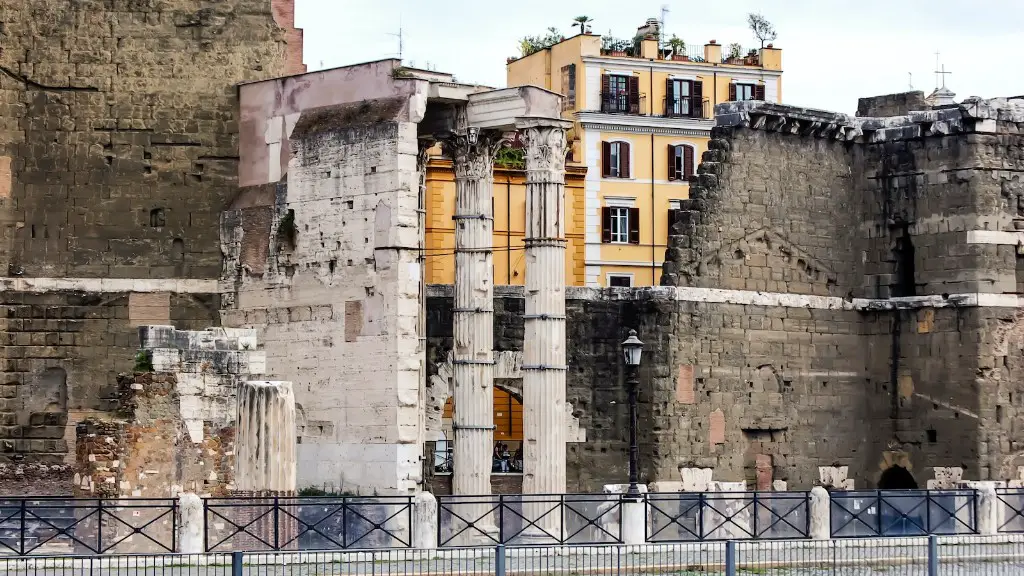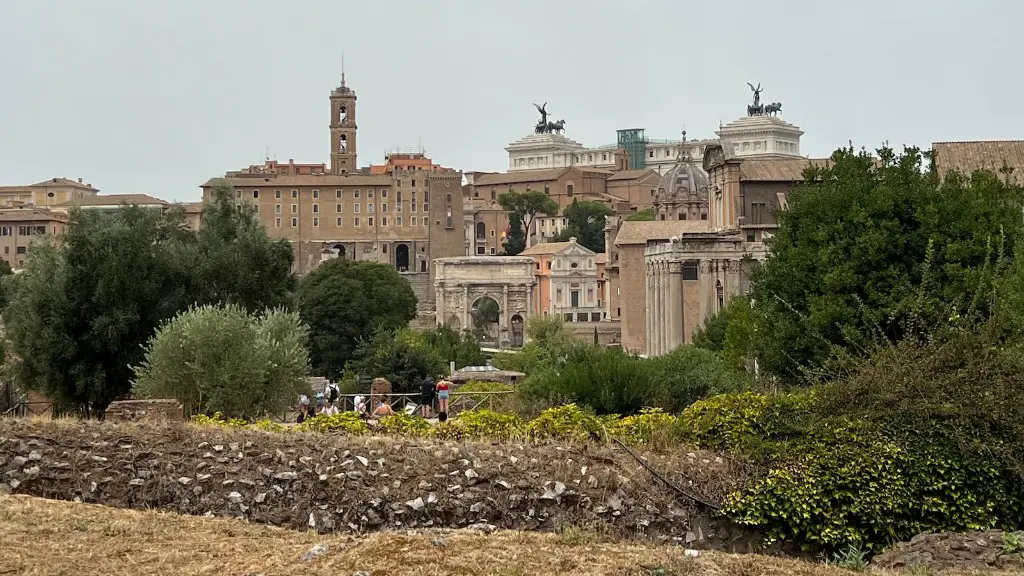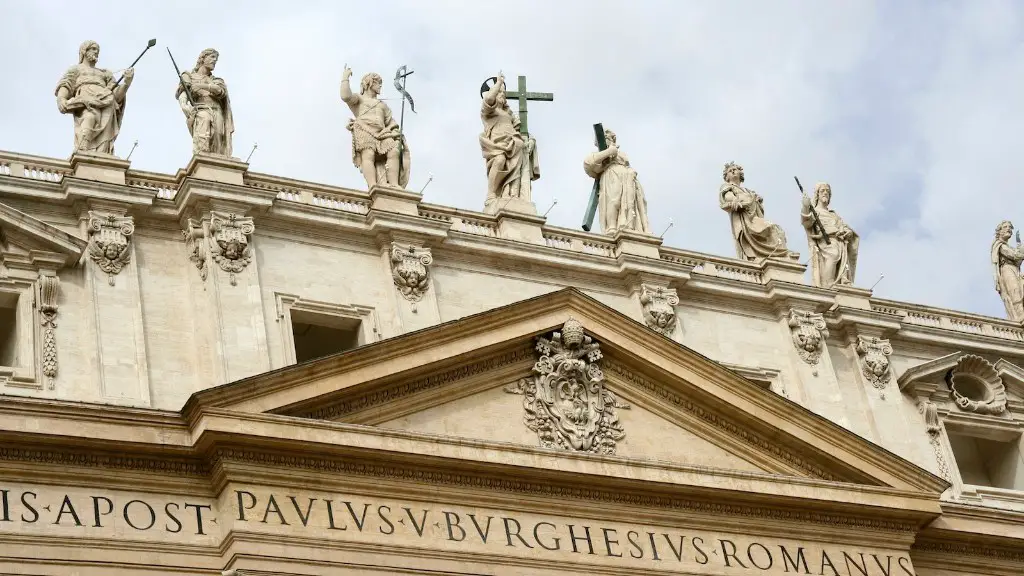A Timeline Of Ancient Greece And Ancient Rome
The differences between Ancient Rome and Ancient Greece can be traced back to the distant past. Ancient Greece emerged as an independent city-state in the late 8th century BCE, when small kingdoms in the southern part of the mainland formed an alliance known as the Delian League. This marked the beginning of Greece’s ‘Classical Period’, which lasted until Alexander the Great conquered most of the known world in the 4th century BCE.
In the 3rd century CE, the Roman Republic began to expand rapidly and by 31 BCE, it had effectively gained control over all of the Mediterranean. This marked the beginning of Rome’s ‘Imperial Period’, which lasted until 476 CE when the last emperor of Rome was overthrown. Although both societies were highly influential in the development of western civilization, there are many differences between them.
Social Structure
The social structure in Ancient Rome was much more rigid than that of Ancient Greece. The Roman Republic was ruled by a powerful senatorial aristocracy made up of wealthy patricians who held almost all the power and wealth. This structure relied on a complex network of laws and obligations, however, it was extremely unequal. Slaves and non-citizens had virtually no rights and status was largely determined by birth.
In contrast, Ancient Greece was much more egalitarian. The city-states were run by councils of citizens called ‘demes’ who elected their own leadership. Slaves, although not free, were given certain rights and privileges and had the potential for social mobility. Women also had more rights in Ancient Greece than in Ancient Rome.
Culture And Religion
In terms of culture and religion, Ancient Rome and Ancient Greece had some similarities. Both societies shared a belief in gods and goddesses associated with natural forces, and highly valued arts and literature. However, there were also some key differences. Roman religion was highly organized and focused on making sacrifices to gain the favor of their gods. In contrast, Greek religion was far less structured and more focused on communing with the divine.
In terms of the arts, Greek sculpture and literature were far more advanced than those found in Rome. Greek sculptors created realistic representations of their gods and heroes, while Roman sculptures tended to be more stylized and symbolic. In the field of literature, the ancient Romans are most famous for their plays and epic poetry, while the ancient Greeks are more renowned for their philosophical works.
Government and Warfare
The government systems of Ancient Rome and Ancient Greece were also very different. Rome was ruled by a series of autocratic, or sometimes oligarchic, rulers who had absolute power and whose decisions were often imposed on the people. Greece, on the other hand, was divided into hundreds of small independent city-states, most of which were governed by democratic assemblies of citizens.
In terms of warfare, the Greeks and Romans both excelled. The Greeks were famous for their highly trained phalanx of infantry soldiers, while the Romans were known for their disciplined legions of professional soldiers. Although both societies were highly warlike, Greek warfare was often more of a sport, while Roman warfare was intended to achieve total victory by any means necessary.
Economic Power and Trade
The economies of Ancient Rome and Ancient Greece differed considerably. Ancient Rome was an agrarian society focused on self-sufficiency and domestic production. Trade was restricted, and due to its relative economic isolation, the Roman economy was much smaller than that of the Greeks. In particular, the Romans did not have a powerful maritime tradition and lacked a significant trading presence in the Mediterranean Sea.
In contrast, the economy of Ancient Greece was largely focused on trading. The Greeks developed a sophisticated network of trading relationships with other Mediterranean societies, allowing them to accumulate vast wealth through their merchants and colonies. The Greeks also had a strong maritime presence, centered around the city of Athens, and were one of the most powerful trading powers of the ancient world.
Architecture
The architectural styles of Ancient Rome and Ancient Greece were also distinct. Greek architecture was characterized by its use of the classical order, which consists of columns, entablatures, and pediments. This style emphasized harmony, balance, and symmetry and can still be found in modern buildings today. In contrast, Roman architecture was characterized by its use of arches and vaults, which allowed them to build structures on a much larger scale than the Greeks.
The Colosseum in Rome is a perfect example of their architectural style. The Romans also developed a technique known as ‘opus caementicium’, which allowed them to create concrete structures that could last for centuries. This technique allowed them to construct aqueducts, baths, and public monuments that still stand to this day.
Conclusion
While the differences between Ancient Rome and Ancient Greece are extensive, both societies were highly influential in the development of Western civilization. Ancient Rome was a powerful autocratic state that was focused on expanding its influence and control, while Ancient Greece was a complex network of autonomous city-states that had a strong presence in both trade and culture. By comparing the two societies, we can gain valuable insight into the development of the Western world.



